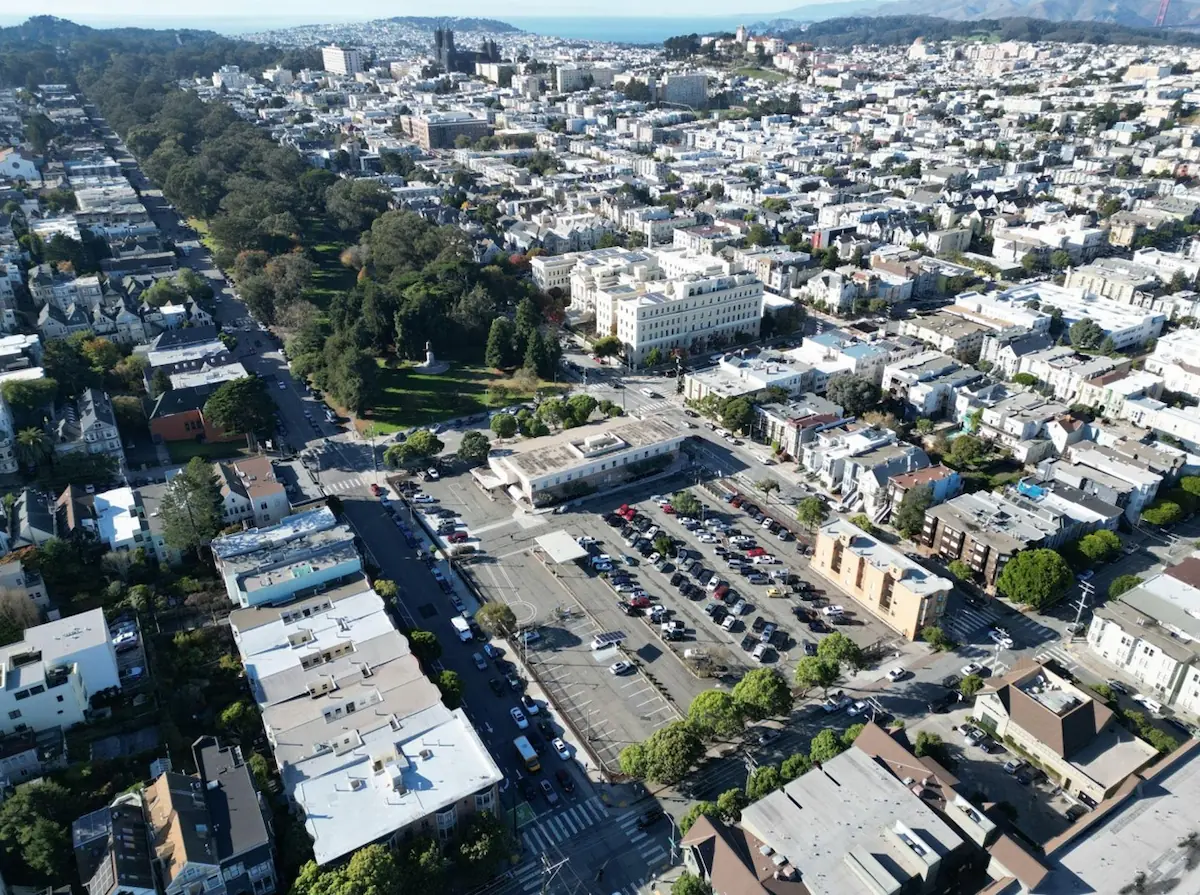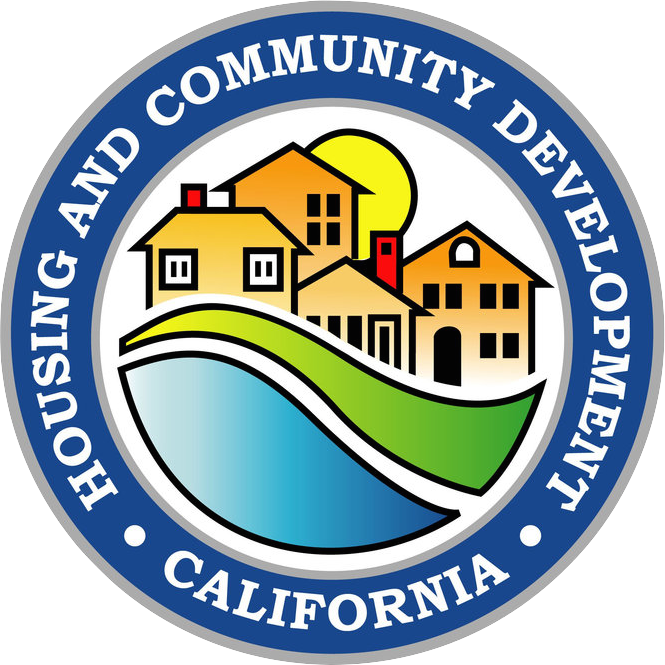An Outdated San Francisco DMV Will Soon Become A Site For Over 370 New Homes
October 3, 2024
October 3, 2024

Located at the DMV’s San Francisco Field Office located on 1377 Fell Street, this project will serve as a model for future conversions across the state.
What you need to know: Governor Newsom today announced a new project in San Francisco that will transform a dated Department of Motor Vehicles building into a modern DMV office with 372 new homes, including homes dedicated to low-income families. The site was identified as part of the Governor’s executive order directing agencies to identify state properties that could be used to create affordable housing for Californians.
SAN FRANCISCO — Continuing California’s commitment to build more affordable housing across the state, Governor Gavin Newsom today announced the redevelopment of an existing San Francisco DMV Field Office site into a multi-use transit-friendly complex with affordable housing and a new DMV Field Office. The current DMV site was constructed in 1960 and does not comply with updated health and safety code specifications, nor does it meet DMV requirements.
After this transformation, the complex is expected to include approximately 372 homes with a range of affordability levels located in the city center near amenities and transportation.
“We will continue to use all our tools to create more affordable housing throughout California — including by converting underutilized state property into homes. I’m particularly proud of this site for bringing affordable housing to the heart of San Francisco in a diverse and thriving neighborhood,” said Governor Newsom.
The state-owned property is centrally located between the Lower Haight, NoPa, Buena Vista, and Alamo Square neighborhoods, and in proximity to a mixture of residential, entertainment, and visitor-serving amenities including the Haight-Ashbury and Divisadero retail districts. The site is in an EPA-designated Highly Walkable area and within half a mile of a Major Transit Stop.
"This first of its kind project, combining housing with a new DMV Field Office, represents a significant step forward in the state's efforts to reimagine spaces for affordable housing," said DGS Director Ana M. Lasso. "DGS is pleased to take part in this mixed-use development project that will deliver a modern new DMV office while providing hundreds of affordable housing units to support San Franciscans.
The Department of General Services (DGS), Department of Housing and Community Development (HCD), and Department of Motor Vehicles (DMV) have selected The Related Companies of California and Tenderloin Neighborhood Development Corporation to lead redevelopment.
“This is a unique opportunity to transform and modernize a public-facing government facility while adding new, permanent affordable housing in a region with critical need,” said HCD Director Gustavo Velasquez. “I am hopeful this project can inform similar out-of-the-box thinking for communities statewide on how we can maximize use of public land for the benefit of the people.”
How we got here
In 2019, Governor Newsom issued an executive order calling on the Department of Housing and Community Development (HCD) and the Department of General Services (DGS) to address the state’s affordable housing crisis by identifying underutilized state-owned sites for the development of affordable housing, taking into account factors such as proximity to job centers, amenities, and public transit.
Creating affordable housing for all Californians
- Since taking office, Governor Newsom has invested $40 billion in housing production and enacted dozens of CEQA reforms into law. The state has also invested more than $27 billion to help communities address homelessness.
- In July 2024, Governor Newsom issued an executive order to support efforts to transform undeveloped and underutilized infill sites and buildings into housing. This order helps communities build thriving downtown cores and new housing near transportation hubs and job centers — creating more housing options for Californians while further aligning the state’s housing and climate goals.
- In addition, Governor Newsom championed the creation of the Housing Accountability Unit at HCD to ensure cities and counties fulfill their legal responsibilities to plan and permit their fair share of housing.

